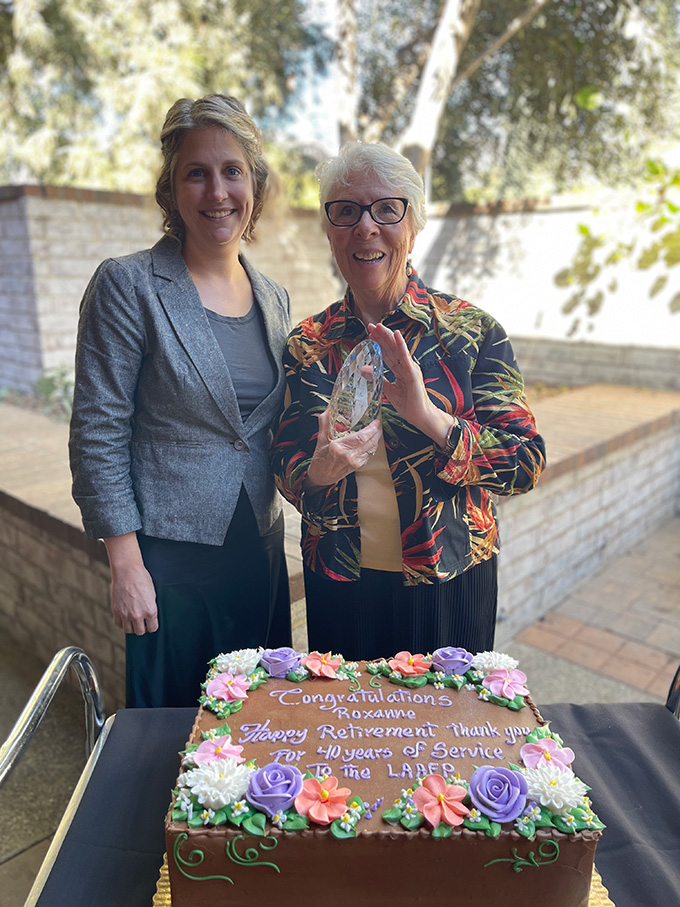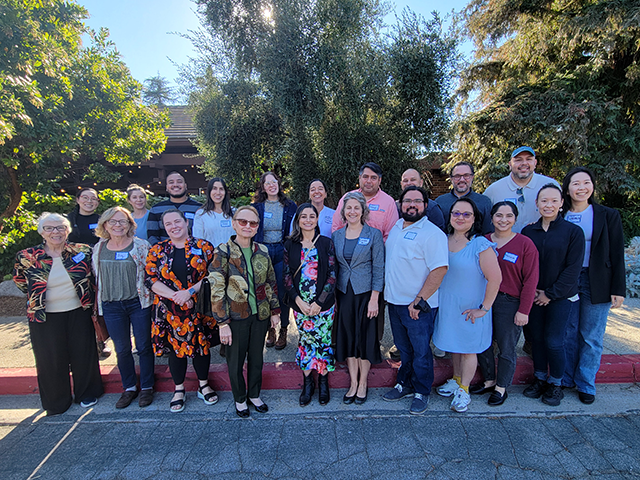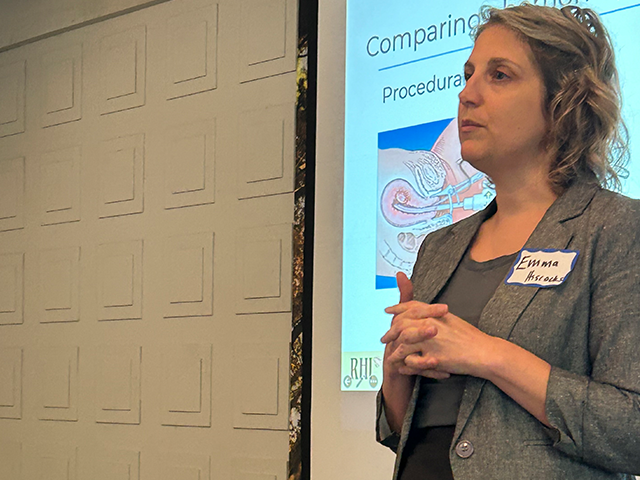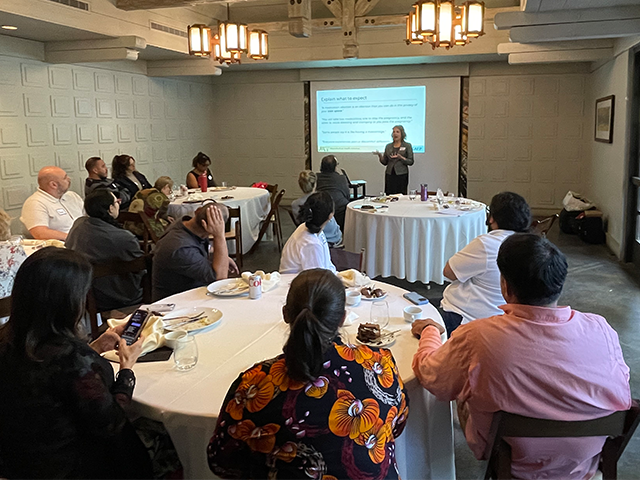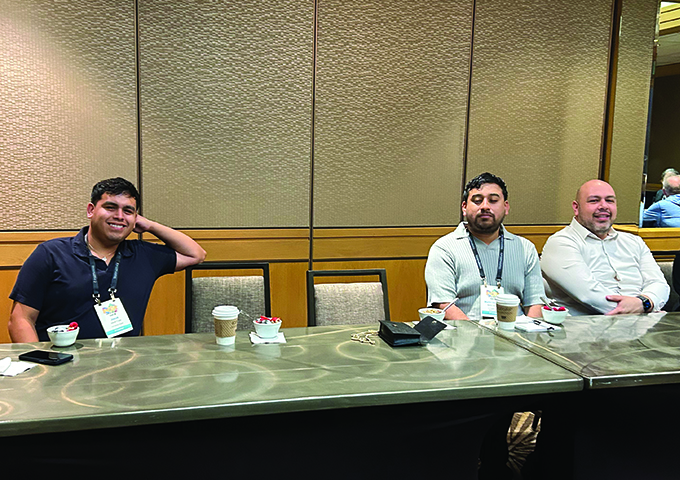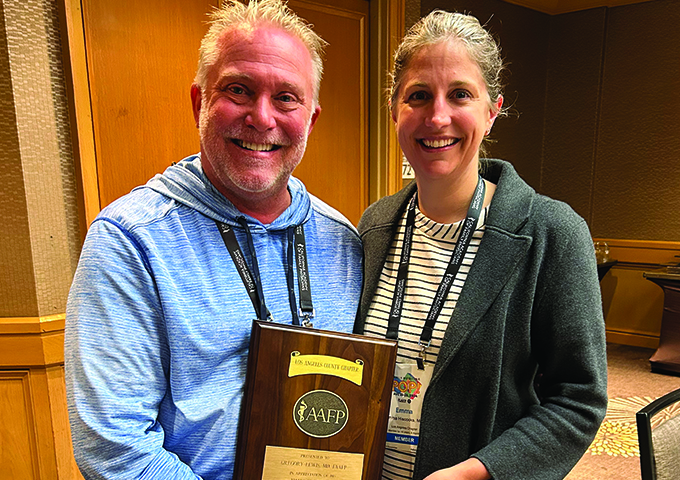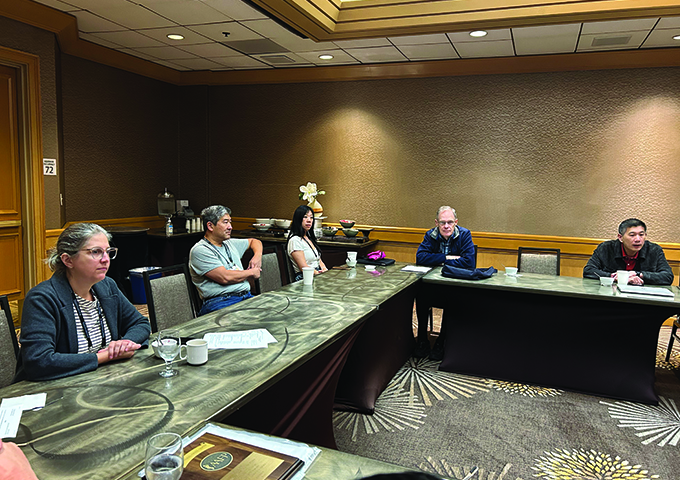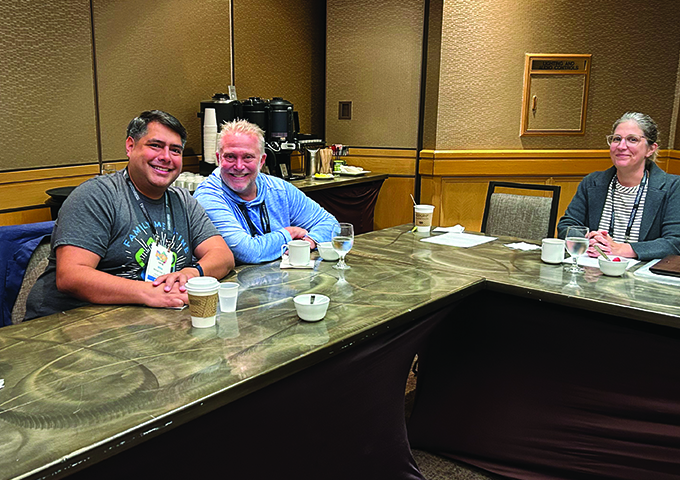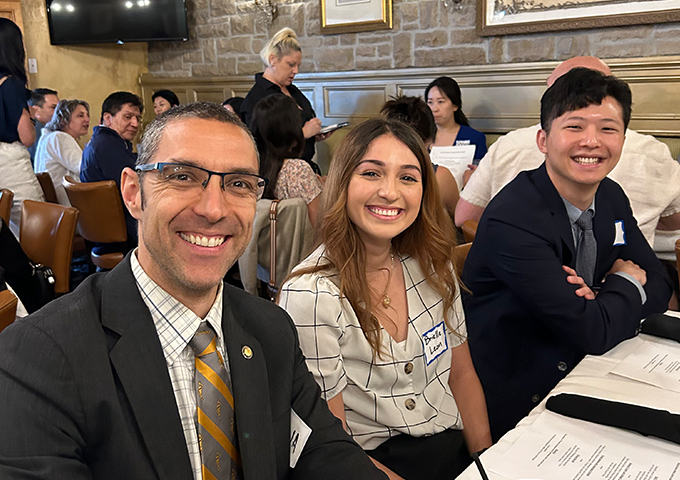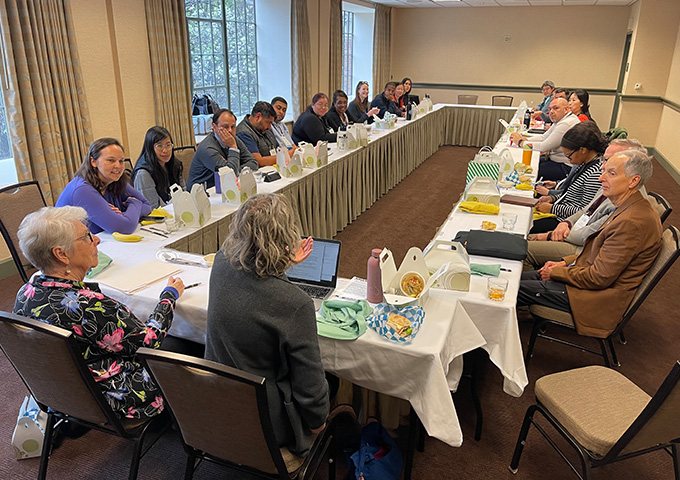April 2022
MICRA repeal will be on the November ballot, promoted by a wealthy out-of-state trial attorney as the “Fairness for Injured Patients Act”, “FIPA” (or “Fairness to Hard-Working Trial Attorneys Act”?). MICRA (Medical Injury Compensation Reform Act) was enacted in California in 1975 to lower medical malpractice liability insurance premiums by decreasing their potential tort liability. Most physicians today have not experienced what it would mean to practice without its protections. If it passes, brace yourself for your next year’s medical liability insurance bill.
Take action to protect MICRA! CAFP is a member of Californians Allied for Patient Protection (CAPP), to protect health care access through MICRA (https://protectaccesscontaincosts.org/). MICRA ensures compensation to injured patients while ensuring affordable medical malpractice premiums. Repealing it would eliminate the cap on non-economic damages for medical malpractice awards and hold physicians personally liable for payment, vastly increasing the number of frivolous lawsuits. The increased costs would limit access, especially for low-income patients. Other sources of information:
- CMA: https://www.cmadocs.org/micra.
- Request a Speaker at https://www.cmadocs.org/survey/testcd/MICRA22_RQST.
- CAP (Cooperative of American Physicians): https://action.capphysicians.com/.
California is promoting information to Medi-Cal beneficiaries on how to keep their Medi-Cal coverage or be enrolled in other coverage when the national public health emergency (PHE) ends. Otherwise, 2-3 million beneficiaries could lose their Medi-Cal eligibility.
The US COVID-19 Uninsured Program, which pays for testing, treatment, and vaccines for uninsured individuals, has now ended after Congress failed to reach an agreement on new COVID-19 relief funding in the new broad budget bill.
AB 1400, which would have created a single-payer healthcare system in California, failed to pass due to concerns about its high price tag. The non-partisan Legislative Analyst Office released its cost estimate, $494-552 billion (which exceeds the current state budget). The Analyst concluded that “with higher demand and potentially lower supply from lower payment rates, CalCare could create shortfalls in the quantity & quality of health care”, while “exacerbat(ing) the healthcare workforce challenges”. (This means Primary Care.)
Thanks to our many CAFP members who met recently with 66 California Legislative Offices in Sacramento. We received outstanding support for adding an extra $60 million for the Song-Brown primary care graduate medical education (GME) programs over the next 3 years.


